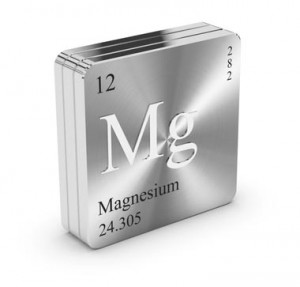A simple supplement with a range of benefits.
 What
What
Magnesium is the 2nd most common deficiency in developed countries (with vitamin D being number 1).
Magnesium is a dietary mineral that is an important cofactor for over 300 reactions and processes in the body.
It can be obtained from food (with a diet high in leafy greens, nut and legumes), but modern diets tend to be low in these foods.
Combine this with processed junk foods that tend to leach further minerals from the body and you can see why it can become an issue.
Why
One the biggest benefits to taking supplemental magnesium is its positive affect on lowering high blood pressure.
It has also been found to have a minor affect on:
- Sleep quality
- Migraines
- Blood glucose levels
- Insulin sensitivity
- Asthma
How
Current recommendations are to take supplemental magnesium at a daily dose of 200-400mg.
The key with magnesium supplementation to take it with food and choose a form that is is easy to digest.
Easier to digest forms include:
- Magnesium citrate
- Magnesium L-threonate
- Magnesium diglycinate
- Magnesium gluconate
Be sure to avoid these forms:
- Magnesium oxide
- Magnesium chloride
As most of the supplement will end up in the toilet. It’s also a good way to assess if your multi-vitamin is actually any good, if it contains one of these forms, chances are you are wasting your money.
Closing thoughts
For the most part, just the basics are needed to help optimise your health and boost your results.
It’s also worth noting that the basics don’t cost the earth and are generally ignored by most large supplement companies because of the small profit margins they offer.
Nothing beats working hard with a smart plan…

